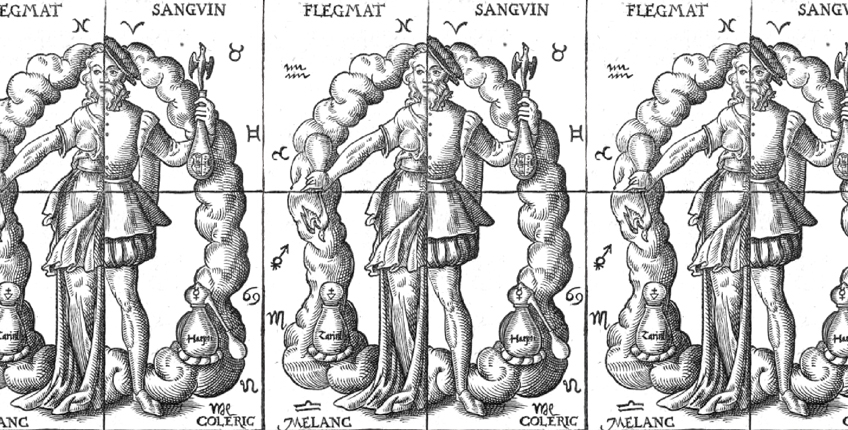A 2024 Tavasz sorozat harmadik előadója Sylvie Steinberg

Tanszékünk előadássorozát Sylvie Steinberg folytatja 2024 április 8-án két előadásával, melyeket a kora újkori maszkulinitás, test és társadalmi nem témáji köré épít fel.
1. előadás:
A test és a társadalmi nem a kora újkorban · Body and Gender in the Early Modern Period · Corps et genre à l'époque moderne

Időpontja: 2024.04.08. 10:00
Helyszín: ELTE BTK főépület, II. emelet, 247-es terem
Az 1980-as évek óta a test története alapvető kutatási területté vált, ami a női testre vonatkozó ismeretek gazdag tárházát eredményezte. A női testet 16–18. században nemcsak mint szaporodási, hanem mint munkaképes és reprezentációs testet is tanulmányozták. Az orvosi elméletek vizsgálatán keresztül a hangsúly aztán a nőkről a nemekre helyeződött át, előtérbe helyezve a női és férfi test tudományos és politikai értelmezésében a felvilágosodás során bekövetkezett törést.
Since the 1980s, the history of the body has emerged as an essential field of research, producing a wealth of knowledge about the female body. Women's bodies in the early modern period (16th-18th centuries) have been studied not only as reproductive bodies, but also as working bodies and bodies in representation. Through the study of medical theories, the focus then shifted from women to gender, highlighting the break that occurred during the Enlightenment in the scholarly and political understanding of the female and male body.
Depuis les années 1980, l'histoire du corps s'est imposé comme un champ de recherche essentiel et a produit une grande quantité de connaissances sur le corps féminin. Le corps des femmes à l'époque moderne (XVIe-XVIIIe siècle) a été étudié en tant que corps reproducteur mais aussi en tant que corps laborieux et corps en représentation. À travers l'étude des théories médicales, le regard s'est ensuite déplacé des femmes vers le genre, mettant en avant la rupture qui s'opère à l'époque des Lumières dans l'appréhension savante et politique du corps féminin et masculin.
2. előadás:
Maszkulinitások a kora újkorban · Masculinities in the Early Modern Period · Masculinités à l'époque moderne

Időpontja: 2024.04.08. 14:00
Helyszín: ELTE BTK főépület, II. emelet, 247-es terem
A kora újkori (16–18. századi) maszkulinitások történeti kutatása jelenleg a társadalmi nemek tudományának egyik fejlődőben lévő iránya. Ez az előadás rövid áttekintést nyújt a férfiak és a férfiasság története kutatásának különböző megközelítéseiről az elmúlt mintegy húsz évben. Franciaországban a legkorábbi munkák elsősorban az életszakaszokra, a családra és a szexualitásra összpontosítottak jobbára antropológiai és társadalomtörténeti, illetve részben kultúrtörténeti szempontból.
Historical research about masculinities in the early modern period (16th-18th centuries) is currently one of the currents in progress of gender history. This talk will provide a brief overview of the different ways of looking at the history of men and masculinity that have developed over the last twenty years or so. In France, the earliest works focused mainly on the stages of life, the family and sexuality, from the perspective of anthropological and social history rather than cultural history.
La recherche historique sur les masculinités à l'époque moderne (XVIe-XVIIIe siècle) constitue aujourd'hui l'un des courants de l'histoire du genre en chantier. Cette conférence donnera un bref aperçu des différentes manières d'envisager l'histoire des hommes et du masculin telles qu'elles se sont développées depuis une vingtaine d'années. En France, les travaux les plus anciens se sont principalement focalisés sur les âges de la vie, la famille et la sexualité, dans une perspective d'histoire anthropologique et sociale davantage que d'histoire culturelle.
Az előadások nyelve: francia (magyar fordítással)

